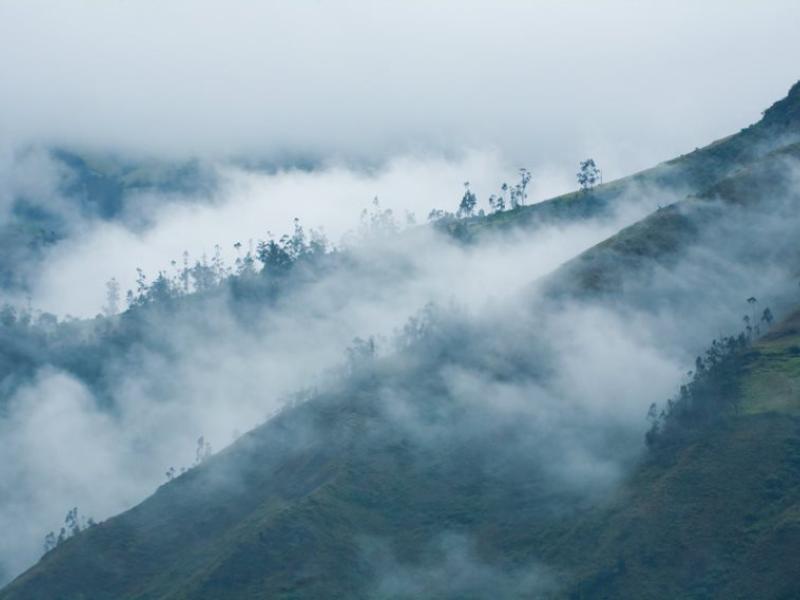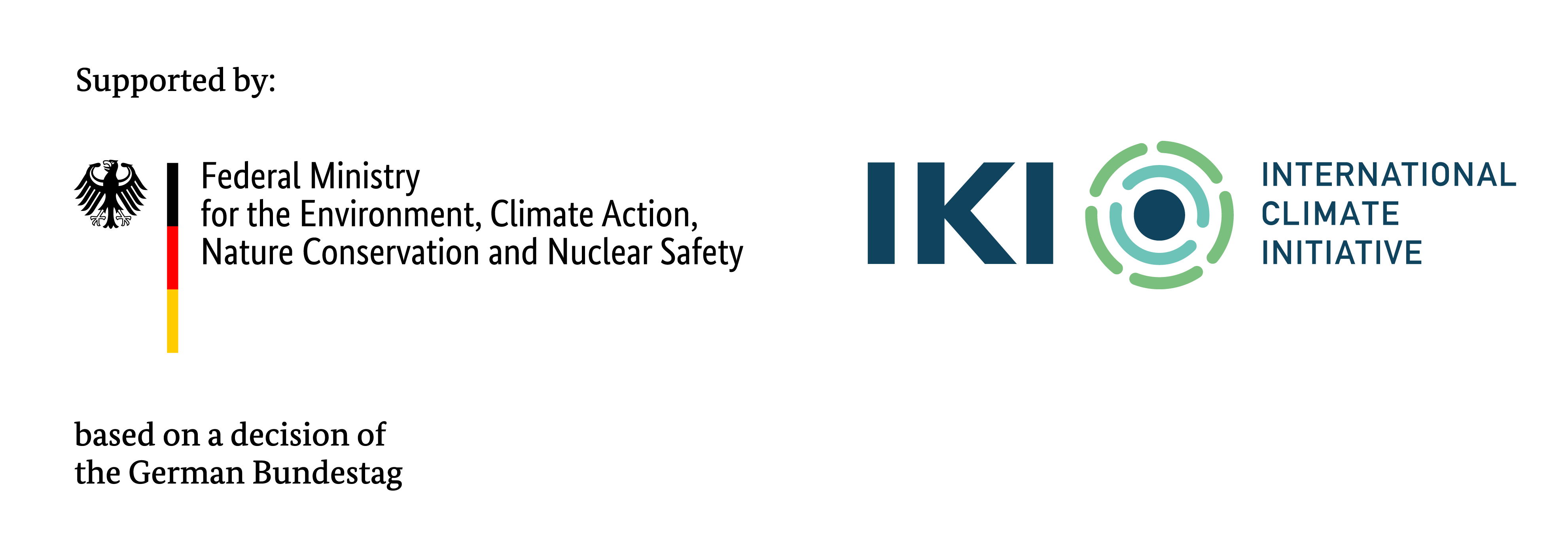What is the Global Peatlands Initiative?
The Global Peatlands Initiative is an effort by leading experts and institutions formed at the UNFCCC COP in Marrakech, Morocco in 2016 to save peatlands as the world’s largest terrestrial organic carbon stock and to prevent it being emitted into the atmosphere.

The Global Peatlands Initiative is an effort by leading experts and institutions formed at the UNFCCC COP in Marrakech, Morocco in 2016 to save peatlands as the world’s largest terrestrial organic carbon stock and to prevent it being emitted into the atmosphere. The current greenhouse gas emissions from drained or burned peatlands are estimated to amount up to five percent of the global carbon budget — in the range of two billion tonnes CO2 per year.
Members of the Initiative are working together within their respective areas of expertise to improve the conservation, restoration and sustainable management of peatlands. In this way the Initiative is contributing to several Sustainable Development Goals, including by reducing greenhouse gas emissions, maintaining ecosystem services and securing lives and livelihoods through improved adaptive capacity
This is done in two ways:
At the global level:
Provide an updated overall assessment of the status of peatlands and their importance in the global carbon cycle and to national economies. It emphasizes peatlands’ role in enabling the achievement of global commitments to mitigate climate change, as outlined in the Paris Agreement.
At the national level:
Identify and begin to respond to the needs of pilot countries with substantial peat coverage through building the knowledge base and developing options to reduce degradation. Improve the sustainability of peatland management including through restoration and the development and adoption of sustainable peatland strategies and action plans.
What do we need to know?
Despite their importance especially to climate change, there is significant uncertainty around peatlands because their extent, status and dynamics have never been globally mapped with sufficient accuracy.
The major threat to the peat carbon stocks globally is drainage. Drained peatlands are mainly used for agriculture and forestry, and peat is extracted for horticulture and energy production. Drainage of peatlands and poor management can result in a variety of problems, the most obvious of which are large and persistent peat fires, such as those in parts of Southeast Asia and Russia in recent years.
In addition to the often reported recent loss of tropical peatlands, degradation remains a significant source of emissions in many temperate and boreal countries after decades of non-sustainable use. In boreal areas, permafrost is thawing, causing land subsidence and potentially leading to high greenhouse gas emissions. Further degradation and loss of peat ecosystems, regardless of their location, could seriously hamper climate change mitigation and adaptation efforts and the achievement of the Paris Agreement.
During the UNFCCC COP27 in Egypt, the Global Peatlands Initiative launched the most comprehensive global assessment of peatlands to establish the State of the World's Peatlands - November 2022.
How is it working?
The Global Peatlands Initiative conducts international activities and within six partner countries: Indonesia, Peru, Democratic Republic of Congo, the Republic of Congo, Colombia and Mongolia .
Global level activities are developing an overall outlook on the extent, status and importance of peatlands. This includes a comprehensive picture of peatlands as a core asset in global efforts to mitigate climate change. Global activities include a rapid and comprehensive global assessment of peatland extent and carbon content followed by a more detailed analysis of sustainable peatland management options, South-South and Triangular Collaboration, and private sector engagement.
Within the six partner countries activities focus on supporting a shift in management practices towards inclusive, sustainable approaches which maximize the contribution of peatlands management to efforts to address climate change and natural resource use supporting the transition to a Green Economy.
The Global Peatlands Initiative is supported by the International Climate Initiative (IKI) of the Federal Government of Germany. IKI is anchored in the Federal Ministry for the Environment, Climate Action, Nature Conservation and Nuclear Safety (BMUKN).
